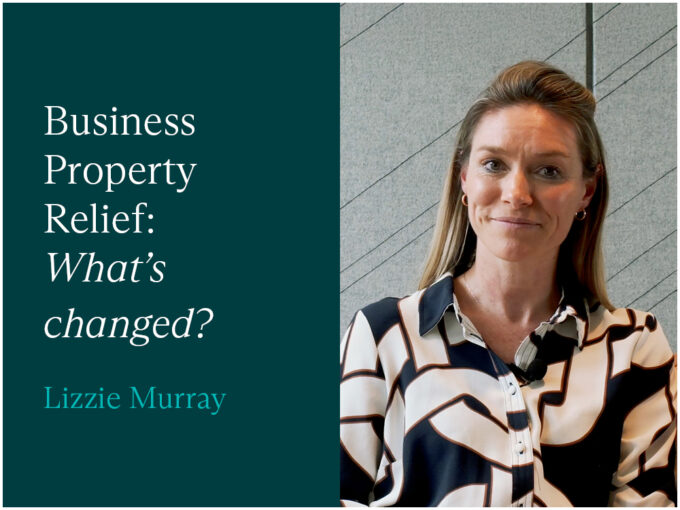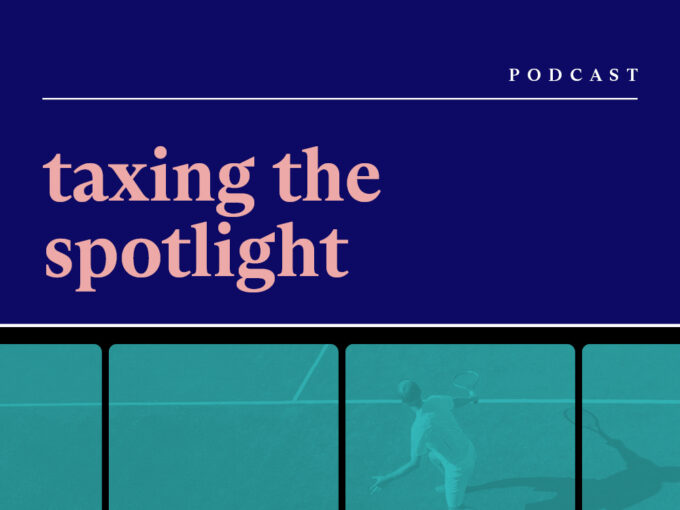Making Tax Digital (MTD) is part of the government’s plan to modernise the UK tax system and improve the accuracy of information provided by taxpayers to HM Revenue & Customs (HMRC).
The basic requirements of Making Tax Digital are that affected businesses and individuals must:
- Keep digital records,
- Use MTD compatible software, and
- Report information quarterly to HMRC.
Making Tax Digital for VAT
Making Tax Digital for VAT was the first step in the MTD programme. From April 2022 at the latest all VAT registered businesses have had to keep digital records, file VAT returns using functional compatible software and have digital links as part of the VAT return process. The regime applies even if a VAT registered business’s turnover is below the registration threshold and it’s voluntarily registered.
MTD for VAT doesn’t change the deadlines for paying VAT.
Businesses are automatically enrolled for MTD when submitting a new VAT registration.
A business is automatically exempt from MTD for VAT if it’s already exempt from filing VAT returns online or is subject to an insolvency procedure. A business can also apply to HMRC for an exemption from MTD for VAT if it is digitally excluded, ie:
- The business is run entirely by practising members of a religious society or order whose beliefs are incompatible with using electronic communications, or
- It is not reasonably practicable to file returns using compatible software because of disability, age, remoteness of location or any other reason.
Following the introduction of MTD for VAT, for VAT periods starting from 1 January 2023 new penalties apply for the late filing of VAT returns and the late payment of VAT (replacing the previous default surcharge regime).
If you need help with your MTD for VAT compliance obligations, please get in touch with your usual Saffery contact or speak to Sean McGinness.
Making Tax Digital for income tax
Making Tax Digital for income tax (MTD ITSA) is being introduced in phases. From 6 April 2026, sole traders and landlords with annual business and/or property income over £50,000 will come within the regime. And from 6 April 2027, MTD ITSA will be extended to those with between £30,000 and £50,000 of such income. The government announced at the Autumn Budget 2024 that sole traders and landlords with annual business and/or property income over £20,000 will be required to use MTD ITSA by the end of this Parliament, so by July 2029 at the latest. The exact date is to be set out at a future fiscal event. Nothing was announced at the Budget about MTD ITSA for those with under £20,000 of such income.
The previous Conservative government had planned to introduce MTD ITSA for partnerships, but it hadn’t announced how and when. The Labour government hasn’t made any comment on this. Most trusts are not expected to be brought into the regime.
Individuals without a National Insurance number and foster carers will be exempt from MTD ITSA. A person or partner will also be able to apply to HMRC for an exemption from MTD ITSA if they are digitally excluded. If HMRC has already exempted a person from MTD for VAT for this reason, they won’t need to apply for an exemption for MTD ITSA.
If you’re likely to fall within Making Tax Digital ITSA from April 2026 (or 2027) you should consider whether your current record keeping systems are suitable. If you’re not yet recording all your transactions digitally you should do this as soon as possible. Clients often see benefits from improving their record-keeping processes and, where appropriate, adopting cloud accounting services. So, preparing early could help you make sure that the MTD changes are more than just an additional administrative cost. If you need help with digital record keeping, you could also consider outsourcing it.
As well as taxpayers providing quarterly cumulative totals of income and expenses for the year to date to HMRC for each business and/or rental activity, taxpayers will have to make a year-end submission. Under the original proposals there were to be two year-end submissions, being an end of period statement (for each business and/or rental activity) and a final declaration. At the Autumn Statement 2023 it was announced that the only year-end submission will be the final declaration. This will be equivalent to the current tax return and will include both business and non-business income and gains.
MTD ITSA doesn’t change the deadlines for paying income tax.
When MTD ITSA is introduced the new late filing and late payment penalties already applying for VAT will apply to the late filing of MTD ITSA submissions and the late payment of ITSA.
HMRC is aiming to start a large-scale public beta testing of MTD ITSA in 2025 and encourages voluntary early adoption.
If you want to know how MTD ITSA will affect you or you’d like help preparing for the changes, please get in touch with your usual Saffery contact.
For the latest on MTD ITSA see this MTD for income tax: what you need to know article.
MTD for corporation tax
Making Tax Digital is expected to be extended to corporation tax after the rollout of MTD ITSA. Based on a consultation launched in November 2020, the requirements are likely to be very similar to those for MTD ITSA and it won’t be mandated until 2026 at the earliest. But given the delays to the introduction of MTD ITSA we don’t expect MTD for corporation tax to be mandated until at least 2028. You can see our response to the consultation.
The key dates for the rollout of MTD are summarised below.
Contact Us
Partner, Edinburgh
Key experience











